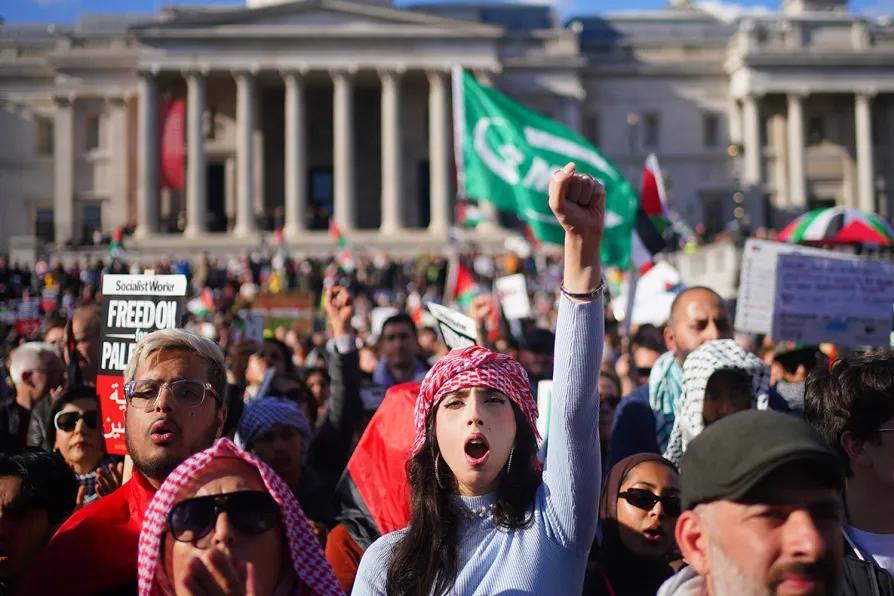From London’s holly-sellers to Engels’s flaming Christmas centrepiece, the plum pudding was more than festive fare in Victorian Britain, says KEITH FLETT

 People taking part in Stop the Genocide in Gaza national demonstration in Trafalgar Square, central London, March 30, 2024
People taking part in Stop the Genocide in Gaza national demonstration in Trafalgar Square, central London, March 30, 2024
THE vast movement of solidarity with the Palestinian people rolls forward, filling the public square and forcing reaction onto the back foot.
Sustained, angry, broad, militant, apparently indefatigable, refreshed by every new outrage from the genocide in Gaza and undeterred by the threats of the Establishment, it has finally forced the government to abandon its opposition to an immediate ceasefire.
The movement can be proud of what it has achieved and can anticipate further victories ahead.

In the run-up to the Communist Party congress in November ROB GRIFFITHS outlines a few ideas regarding its participation in the elections of May 2026

The New York mayoral candidate has electrified the US public with policies of social justice and his refusal to be cowed. We can follow his example here, writes CLAUDIA WEBBE

VINCE MILLS gathers some sobering facts that would inevitably be major obstacles to any such initiative











